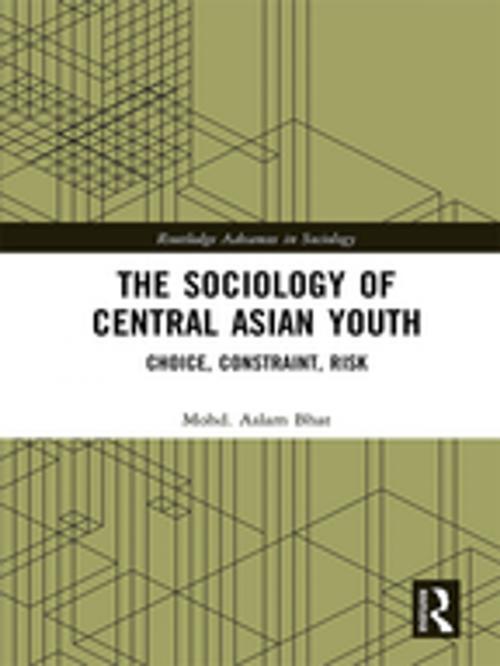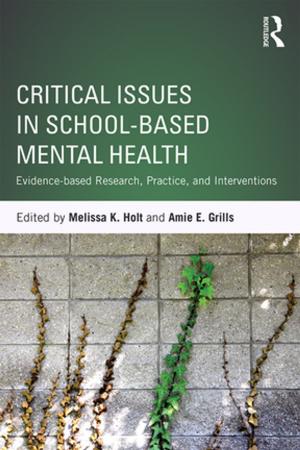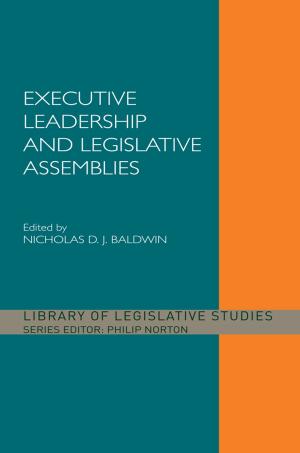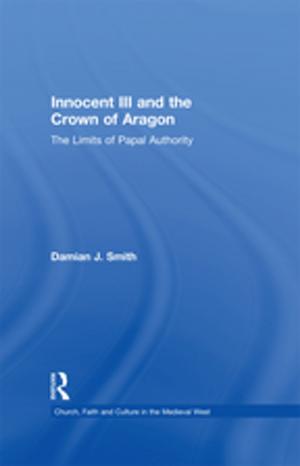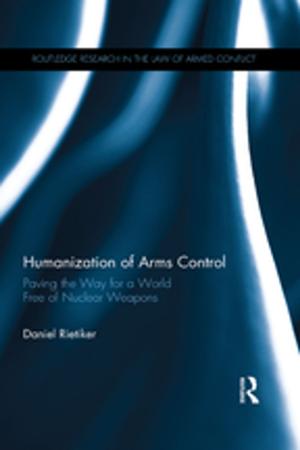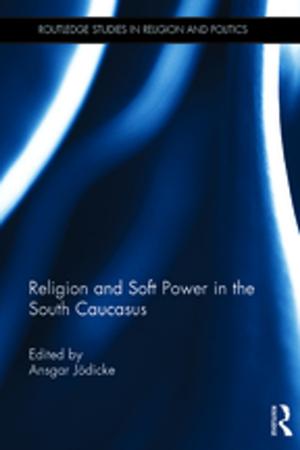The Sociology of Central Asian Youth
Choice, Constraint, Risk
Nonfiction, Social & Cultural Studies, Social Science, Sociology| Author: | Mohd.Aslam Bhat | ISBN: | 9781351212816 |
| Publisher: | Taylor and Francis | Publication: | April 17, 2018 |
| Imprint: | Routledge | Language: | English |
| Author: | Mohd.Aslam Bhat |
| ISBN: | 9781351212816 |
| Publisher: | Taylor and Francis |
| Publication: | April 17, 2018 |
| Imprint: | Routledge |
| Language: | English |
At the onset of the twenty-first century, ‘youth studies’ emerged as a distinct field of inquisition. Discourses and debates in the field have since become more sophisticated, and the spectrum of analysis has likewise broadened. However, it is striking to note how little reference is made to young people of peripheral regions like Central Asia.
The Sociology of Central Asian Youth seeks to critically broaden the discussion on youth transitions discourse by moving beyond the geographical terrain of North America, Britain, Australia and Western Europe. The work establishes an in-depth understanding of young Central Asians, with a special focus on those in Uzbekistan. This is accomplished through the explanatory powers of the various forms of sociological theory and, specifically, by pursuing an ambitious aim: to introduce the classic sociological debate about the relationship between structure and agency in social behaviour into the study of modern Central Asia.
Presenting the experiences of youth against the backdrop of contemporary socio-economic and cultural changes in the post-Soviet space, this empirical monograph will appeal to postgraduate students and post/doctoral researchers interested in fields such as Youth Studies, Central Asian Studies, Social Anthropology, Cultural Studies and Sociology.
At the onset of the twenty-first century, ‘youth studies’ emerged as a distinct field of inquisition. Discourses and debates in the field have since become more sophisticated, and the spectrum of analysis has likewise broadened. However, it is striking to note how little reference is made to young people of peripheral regions like Central Asia.
The Sociology of Central Asian Youth seeks to critically broaden the discussion on youth transitions discourse by moving beyond the geographical terrain of North America, Britain, Australia and Western Europe. The work establishes an in-depth understanding of young Central Asians, with a special focus on those in Uzbekistan. This is accomplished through the explanatory powers of the various forms of sociological theory and, specifically, by pursuing an ambitious aim: to introduce the classic sociological debate about the relationship between structure and agency in social behaviour into the study of modern Central Asia.
Presenting the experiences of youth against the backdrop of contemporary socio-economic and cultural changes in the post-Soviet space, this empirical monograph will appeal to postgraduate students and post/doctoral researchers interested in fields such as Youth Studies, Central Asian Studies, Social Anthropology, Cultural Studies and Sociology.
